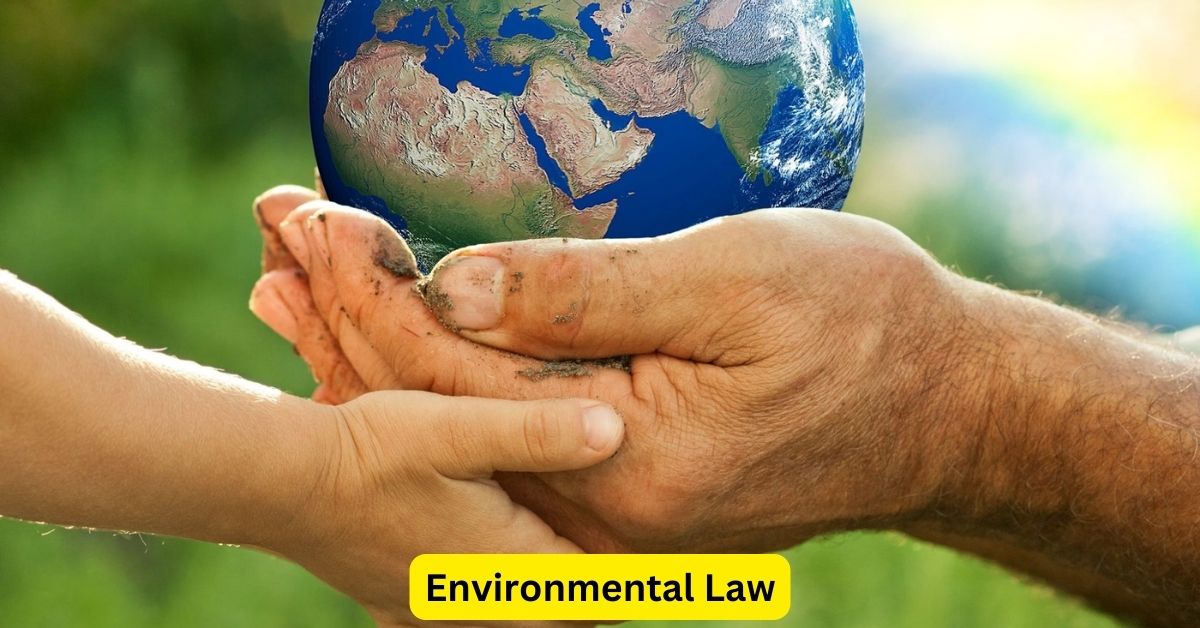Environmental law is a critical legal field dedicated to safeguarding natural resources, ecosystems, and public health from the adverse impacts of human activities. Attorneys specializing in environmental law play a vital role in advocating for environmental protection, ensuring compliance with regulations, and holding accountable those who harm the environment. Here’s an exploration of how environmental law attorneys contribute to protecting the planet through their legal expertise and advocacy.
1. Advocating for Environmental Protection
Environmental law attorneys are passionate advocates for protecting the planet and its natural resources. They work with environmental organizations, government agencies, and communities to promote policies and regulations that mitigate pollution, conserve biodiversity, and combat climate change. Attorneys participate in legislative initiatives, public hearings, and advocacy campaigns to strengthen environmental laws and uphold environmental standards.
2. Ensuring Compliance with Environmental Regulations
One of the primary responsibilities of environmental law attorneys is ensuring compliance with local, state, and federal environmental regulations. They advise businesses, industries, and government entities on environmental laws related to air and water quality, waste management, hazardous substances, and land use planning. Attorneys conduct environmental audits, assess compliance risks, and develop strategies to achieve and maintain regulatory compliance. By navigating complex regulatory frameworks, attorneys help prevent environmental harm and promote sustainable practices.
3. Representing Communities and Environmental Organizations
Environmental law attorneys represent communities and nonprofit organizations in legal proceedings to protect their interests and the environment. They litigate cases against polluters, developers, and government agencies to enforce environmental laws, challenge harmful practices, and seek remedies for environmental damage. Attorneys advocate for communities affected by environmental injustices, such as poor air quality, contaminated water sources, and disproportionate environmental burdens borne by marginalized populations.
4. Addressing Environmental Impact Assessments
Environmental law attorneys play a crucial role in environmental impact assessments (EIAs) for proposed development projects. They review EIAs to evaluate potential environmental impacts, assess compliance with regulatory requirements, and identify mitigation measures to minimize adverse effects on the environment. Attorneys advocate for rigorous EIAs that consider cumulative impacts, alternative solutions, and public input to promote sustainable development and preserve natural resources.
5. Facilitating Environmental Due Diligence
In transactions involving real estate, corporate mergers, or industrial operations, environmental law attorneys conduct environmental due diligence to assess potential environmental liabilities and risks. They review historical land uses, site contamination issues, regulatory compliance records, and remediation obligations. Attorneys negotiate environmental indemnities, liability protections, and risk allocation strategies to protect clients from legal and financial consequences associated with environmental liabilities.
6. Promoting Corporate Environmental Responsibility
Environmental law attorneys advise businesses and corporations on adopting sustainable practices and corporate social responsibility initiatives. They assist in developing environmental policies, implementing green technologies, and achieving environmental certifications. Attorneys counsel clients on managing environmental risks, reducing carbon footprints, and promoting transparency in environmental reporting. By integrating environmental stewardship into corporate strategies, attorneys help businesses achieve long-term sustainability goals and contribute positively to environmental conservation efforts.
Conclusion
Environmental law attorneys play a pivotal role in protecting the planet by advocating for environmental protection, ensuring regulatory compliance, representing communities and organizations, facilitating environmental impact assessments, conducting due diligence, and promoting corporate environmental responsibility. Through their legal expertise, advocacy efforts, and commitment to environmental conservation, attorneys contribute to preserving natural ecosystems, safeguarding public health, and fostering sustainable development practices. Their dedication to environmental justice and accountability is essential in addressing global environmental challenges and ensuring a healthier and more sustainable future for generations to come.

